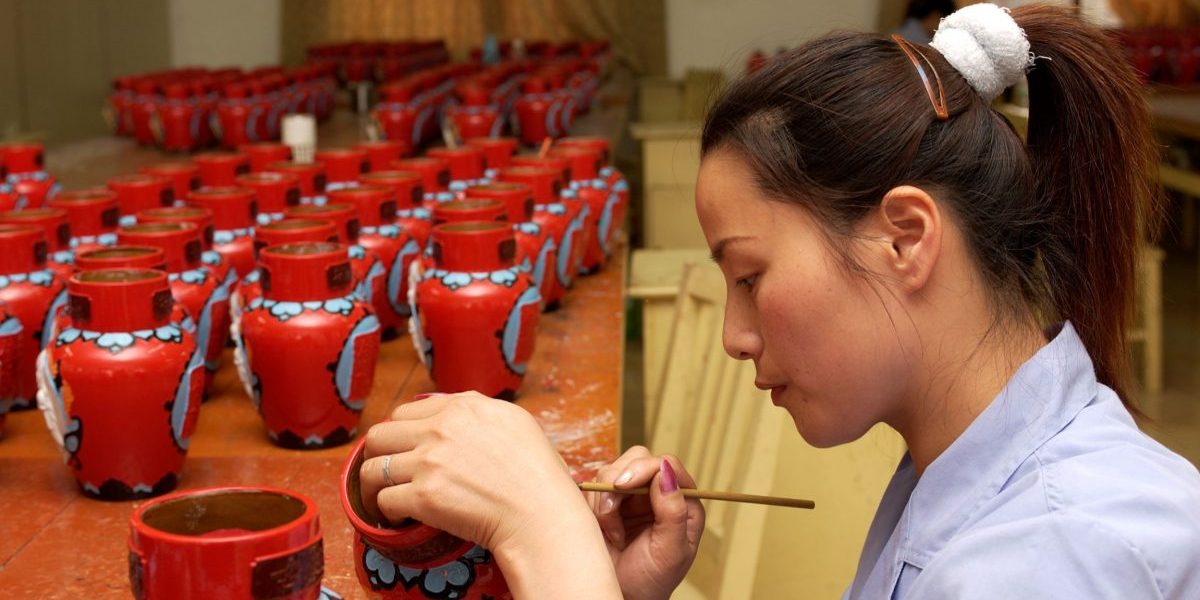However, little is known about the development trajectory of particular SEZs, especially how skills transfer is delivered to and received by local workers in different Chinese companies. Taking the EIZ as a case study, this paper provides a cross-company and cross-sector analysis of local worker experiences. It draws upon a survey of 204 local workers from 16 resident Chinese companies working in the footwear, auto assembly/parts, textiles, industrial materials, construction, and logistics sectors, as well as key informant interviews with Chinese expatriate managers and technicians from selected companies. Findings from this research highlight both similarities and differences in company management strategies and training provisions, which are contingent upon industry sector, scale of production, and market conditions. While sixty percent of the surveyed local workers did receive training of varying quality and length, they were not satisfied with the training provided and promotion opportunities within their current companies. This paper concludes by arguing for concrete and targeted policy implementation by the Ethiopian government to enforce skills transfer by foreign investors, building of linkages between companies and local training institutions, and organizing zone-wide skills sessions.








